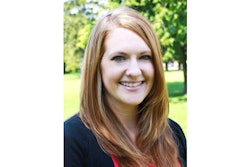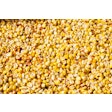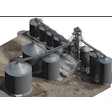Curiosity is a wonderful quality.
Small children have it in abundance and use it often as budding food scientists who delight the world with contributions such as the peanut butter and summer sausage sandwich — seriously, this is really pretty good. With these and other discoveries the researcher in all of us is unleashed.
As we age, our curiosity and research efforts lead to more social research projects. Most notable of these pursuits is testing and adopting peer groups, running replicated field trials on dating and honing our tastes in personal preferences for food, music, sports/recreation activities and personal appearance.
It isn’t until we reach adulthood, where we fully realize how our personal and professional research can lead us into different, and often amazing, discoveries.
For example, this issue’s cover story highlights a research-driven effort whereby a group of researchers look to capture value from grain co-products and processing byproducts, in order to build a better livestock feed. That effort began with a simple question of what someone could do with a so-called “waste product.” Now, it has captured the minds of a large, broad-based group of public and private entities who are willing to put their sweat equity (along with financial equity) toward making this project happen.
In our Focus on Research section, two brilliant corn researchers with Suntava LLC looking for a better way to manage corn rootworm instead, discovered a way to bring a dye alternative that is sustainable and could benefit the food, beverage, cosmetic and pharmaceutical industries.
Even FEED & GRAIN is getting into the act. Our research with you, the reader, told us you want a better way to access the product information you need to grow and remain profitable. We listened and are happy to unveil our new Buyer’s Guide found on www.feedandgrain.com. Three significantly different research projects, all looking to deliver value to the marketplace.
I suppose as long as children, teens, adults, customers and end-users remain curious, research will continue to create the opportunities needed to enhance our lives. So don’t stop asking yourself, “I wonder what would happen if we . . .”










